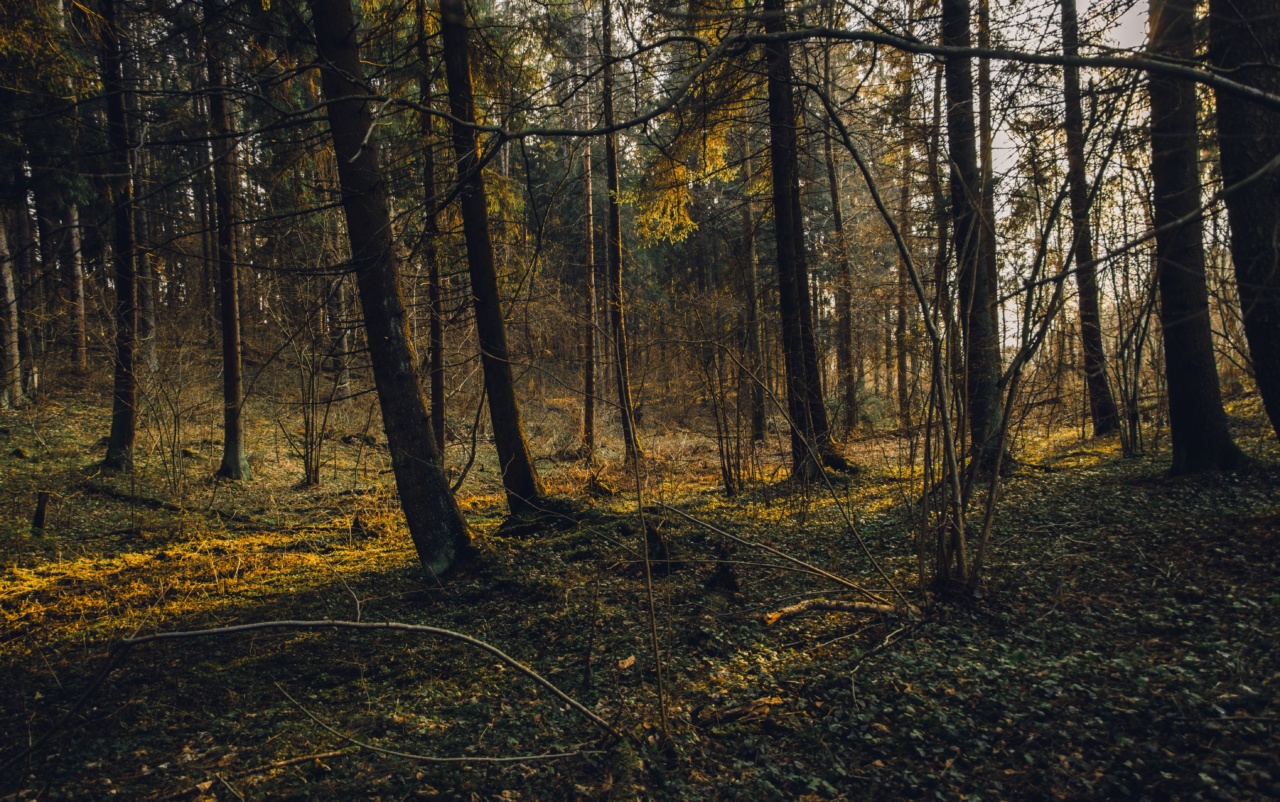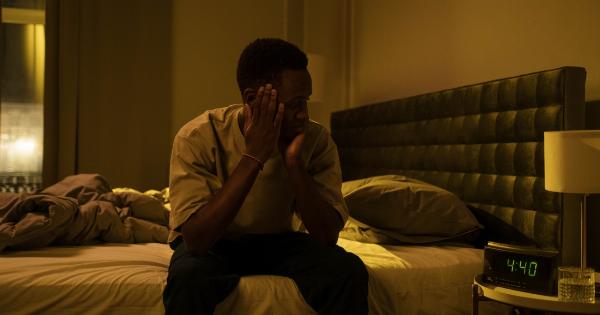For many of us, the start of the evening marks the beginning of a time for relaxation, winding down, and enjoying the company of others or our own company as the case may be.
However, knowing when darkness falls can be somewhat elusive, confusing, or even mysterious, depending on where you are in the world and the time of year. Understanding the science of when darkness falls and its implications can yield rewarding lifestyle benefits and help us appreciate the natural world around us.
The Science of Darkness
When we talk about darkness falling, we mean the time when the sun disappears from our line of sight and it starts getting dark outside.
The timing for when darkness falls depends on several variables, including the time of year, the location on the planet, and the time zone. Generally, the darkness falls about 70 to 80 minutes after sunset.
One of the significant factors affecting darkness is seasonal change, which affects the tilt of the Earth’s axis relative to the sun’s position.
During the summer months, the northern hemisphere is tilted toward the sun, resulting in longer days and shorter nights. Conversely, during winter, the time of year when the northern hemisphere is tilted away from the sun, the days are shorter, and nights become longer.
Another factor that can affect the time of darkness is your location on the globe. If you live towards the Earth’s poles, the phenomenon known as “midnight sun” might impact the timing of darkness fall.
In Alaska, for instance, during the summer solstice, the darkest it gets outdoors is twilight, with the sun visible in the sky even at midnight.
The Importance of Darkness
Many of us take darkness for granted or merely ignore it for the most part.
However, an increasing number of studies have shown that darkness and sleep, the time when much of the natural world rests, is crucial for our physical and emotional health and wellbeing. Artificial light has revolutionized how we live and work, but it comes at a cost. Being exposed to artificial light at night has been linked to disrupted sleep patterns, increased rates of obesity, and increased risk of certain cancers.
For wildlife, darkness is crucial in that it signals the beginning of the rest period, where they can feed, mate, rest and seek shelter against predators.
City lights, a phenomenon known as light pollution, have caused confusion among urban dwellers and wildlife alike, leading to disruption of natural cycles that have evolved over millions of years.
How to Determine When Darkness Falls
Knowing when the darkness falls can help you plan your day, create better sleep habits, gauge the best time for outdoor activities, and determine when you need to be home if you don’t want to be out late.
The most straightforward method to determine when darkness falls is by using the internet. A simple google search can give you the precise time when nighttime sets in your location. For some people, however, the old methods still apply.
One of the earliest methods of determining when it is getting dark was to pay attention to the singing of birds in the area. During the breeding season, most birds will start to sing in the early morning and late evening, but they will stop as it gets darker. You can, therefore, keenly listen to the sound of the birds when they stop singing to judge when darkness sets in.
The Beauty of Darkness
Darkness is an opportunity to witness the beauty of the natural world around us in a unique way.
It’s at this time that stars become visible, the moon rises to take command of the night, and creatures of various sorts begin to come to life all around us. The darkness provides us with moments of solitude, reflection, peace, and rejuvenation as we retreat to the quiet of our homes or ventures out into the wild.
Darkness is a reminder that our lives are part of bigger and more complex cycles that we should take the time to appreciate.
While not everyone may be a fan of the dark, we should make an effort to reconnect with it and perhaps see the beauty it can offer.
Conclusion
When darkness falls is more than just marking the end of day, but a significant event that has various impacts on our lives. The timing for when darkness falls depends on a host of variables, including geographic location, time of year, and time zone.
While artificial light may have revolutionized our world, it has also contributed to several problems such as light pollution that can result in environmental disruption and adverse health effects. Knowing when the darkness falls can help you better plan your day, create good sleep habits, and appreciate the natural world around us.






























